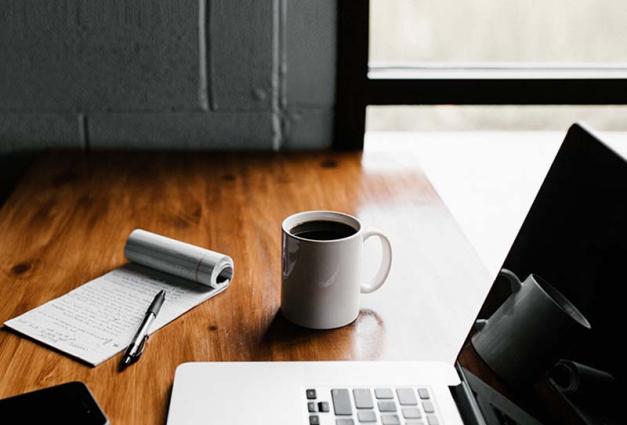In light of the recent spread of the COVID-19 virus, there are many individual differences in how people react to a potential pandemic. Here, Dr. Kappes explains how imagining the consequences of one’s behaviour can shift attitudes towards optimism and pessimism, and how these attitudes may contrast with the benefits to society.
What is uncertainty and how does it relate to a pandemic like COVID-19?
People experience uncertainty when they have imperfect information about their current situation, the outcome of a decision, or potential consequences of an outcome. For instance, people might not know if they have COVID-19, they might not know if going somewhere will mean getting COVID-19 or spreading it to others, and they might not know the consequences of having COVID-19, which can range from relatively benign to lethal. And it is obvious that more information will not make the uncertainty disappear. Pandemics operate in complex environments in which many probabilistic events interact. Put differently, pandemics will always involve uncertainty.
How does our behavior change during these times of uncertainty?
In the beginning, most people’s behaviour will change little. In general, humans are protected quite well from processing threatening information too deeply, and to use this information to change their beliefs (Sharot, 2011). Most people will think for a long time that they will be fine, and the uncertainty around the topic supports such beliefs. This might be quite good for the person holding slightly optimistic beliefs, protecting them from stress and panic. But for society, this might be more problematic.
Take, for instance, preventive behaviours such as self-quarantine or handwashing. Here, self-interest such as wanting to go out, seeing friends etc. is in conflict with interests for others—putting them at interest. Our research and research from others suggests that when people want to leave their home (or any preventive behaviour) and contemplate the consequences for others, they tend to be optimistic: they assume that their self-interested action will work out fine for others (Dana et al., 2006; Kappes et al., 2018). In the example, they would assume that probably nobody would get infected, and hence it would be fine to quickly go to the supermarket to get some groceries. Such optimistic beliefs help people to remain calm, but have negative consequences for spreading the disease.
This optimistic thinking flips when people imagine how, for instance, a COVID-19 infection might impact the health and well-being of another person. And even though they could think that the other person might be young and able to cope well with the disease (an optimistic assumption), people tend to become negative; they seem to assume that worst case (the other person is vulnerable), and now refrain from self-interested action and show a strong preferences for preventive behaviours. It is as if contemplating the social consequences of preventive actions turns normally optimistic people into pessimists, and they do what they can to prevent the spread of the disease.
What are some healthy ways to cope with uncertainty?
As pointed out above, the “right” way to cope with uncertainty depends on the perspective (individual versus society) and the time perspective (now or later). When people, for instance, contemplate whether frequent hand washing will or will not stop them from spreading disease, they will most likely feel safe and calm, but also decrease their handwashing. Good for the person in the here and now, bad for society, especially in the long run. On the other hand, if they focus on how infecting somebody else might lead to a serious illness of another person, they become pessimistic, assume the worst case scenario, and wash their hands. This might feel not that great for the individual, especially in the here and now, but is better for society.
References
Dana, J., Weber, R. A., & Kuang, J. X. (2006). Exploiting moral wiggle room: Experiments demonstrating an illusory preference for fairness. Economic Theory, 33(1), 67–80. https://doi.org/10.1007/s00199-006-0153-z
Kappes, A., Neise, A.-M., Faber, N., Kahane, G., Savulescu, J., & Crockett, M. J. (2018). Uncertainty about the impact of social decisions increases prosocial behavior. Nature Human Behaviour.
Sharot, T. (2011). The optimism bias. Current Biology, 21(23), R941–R945.




